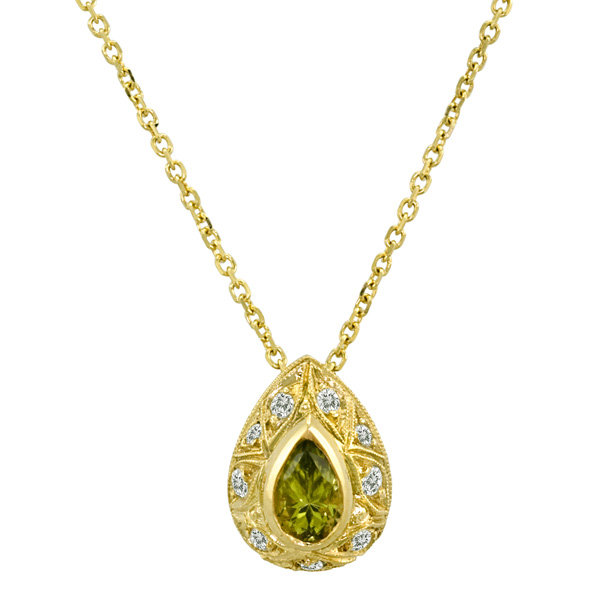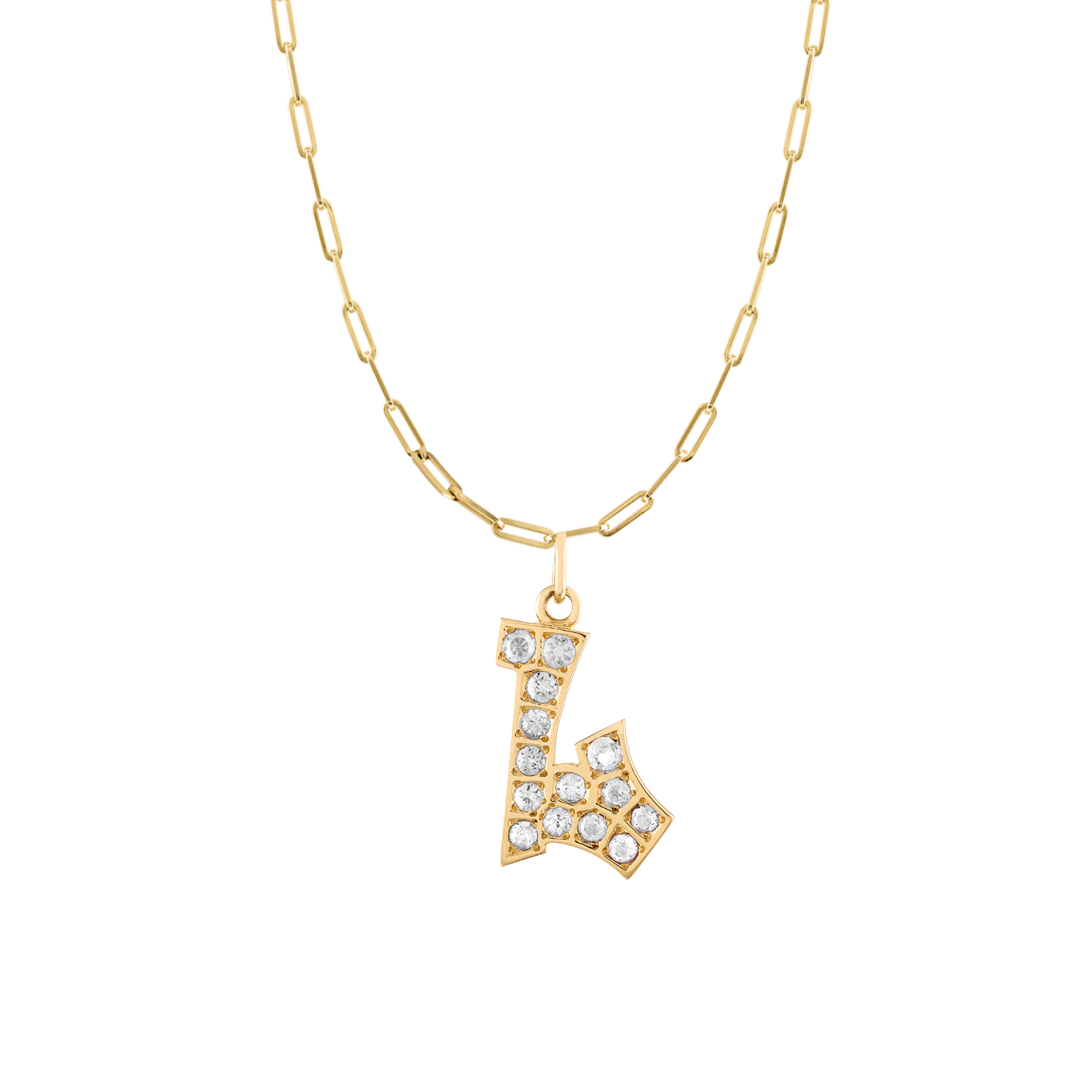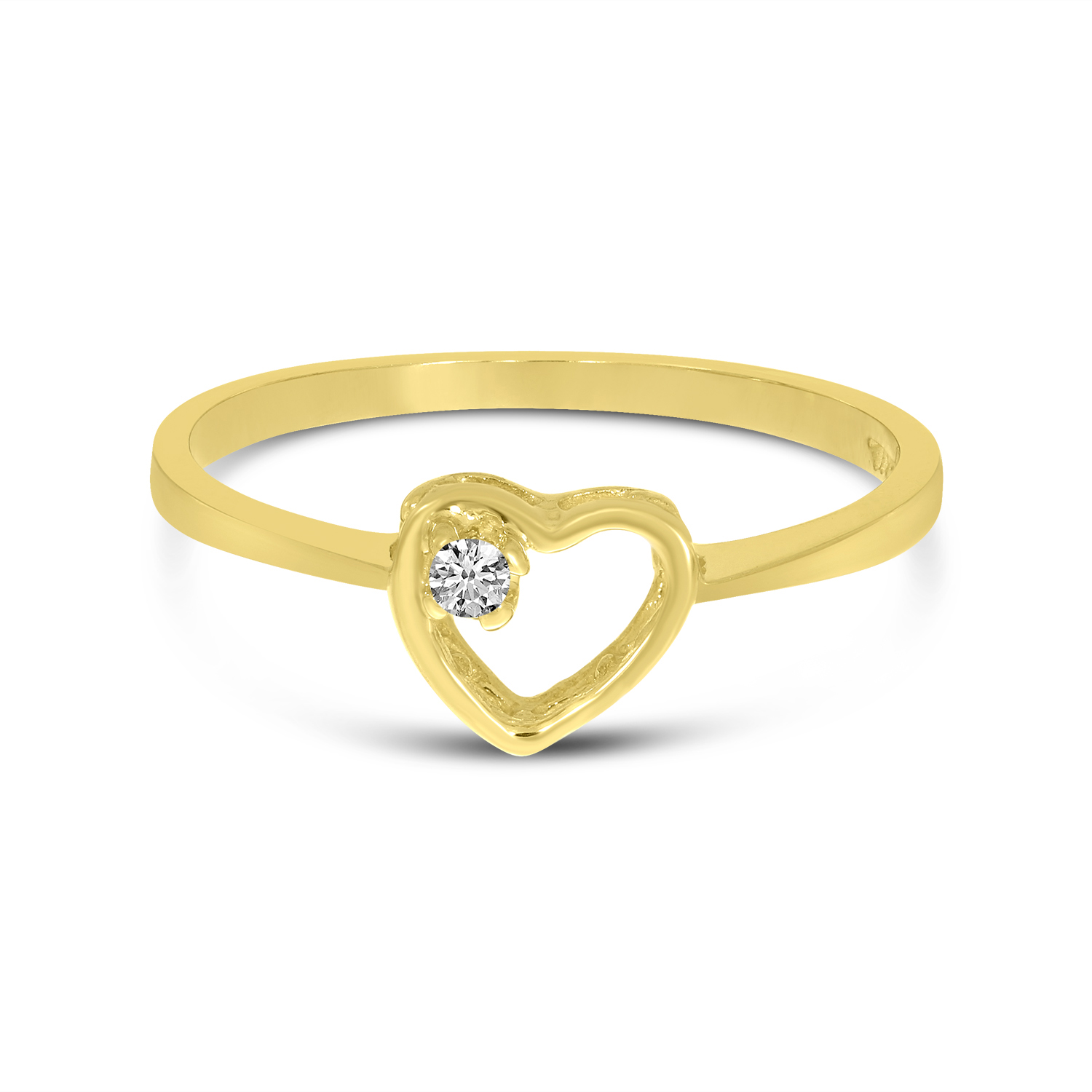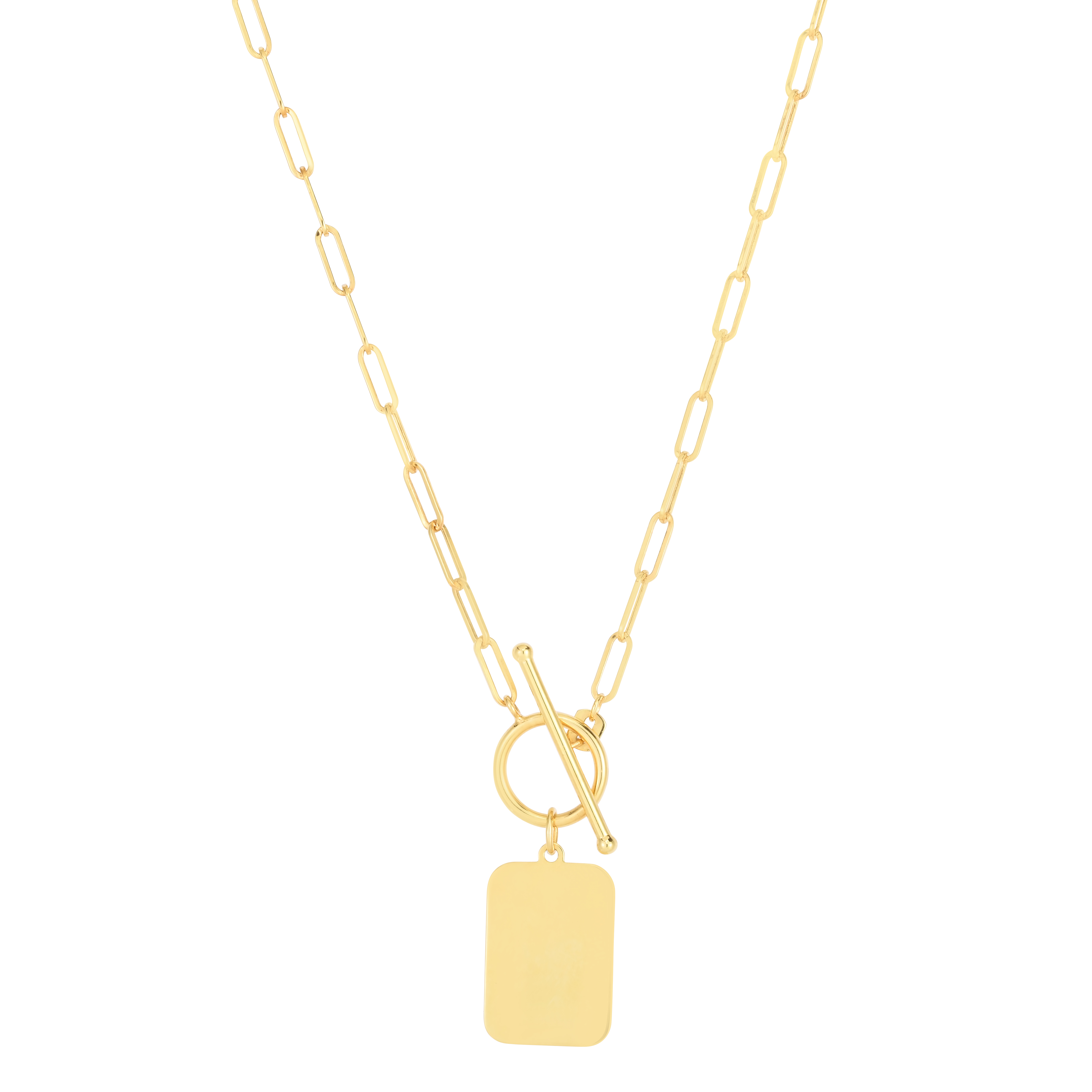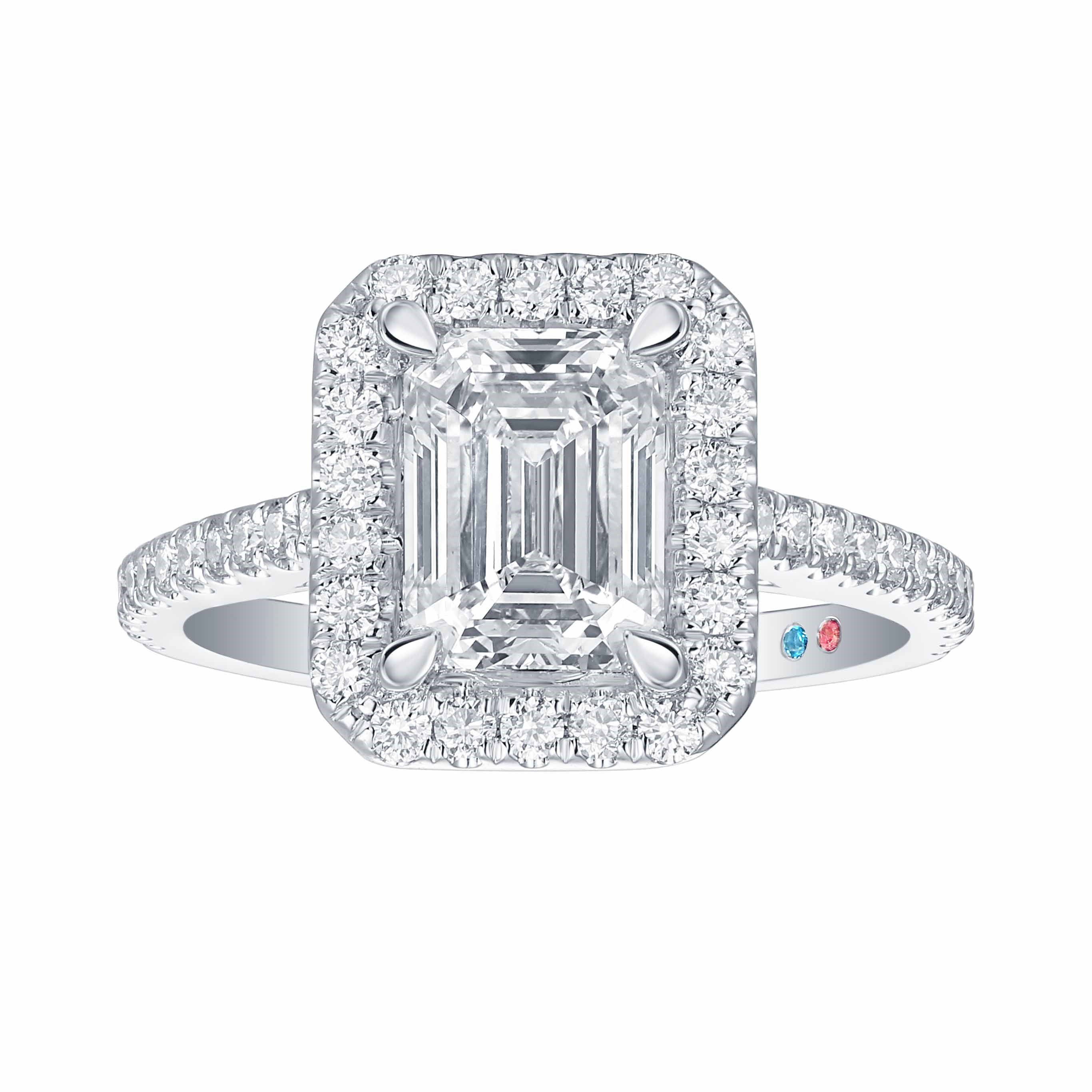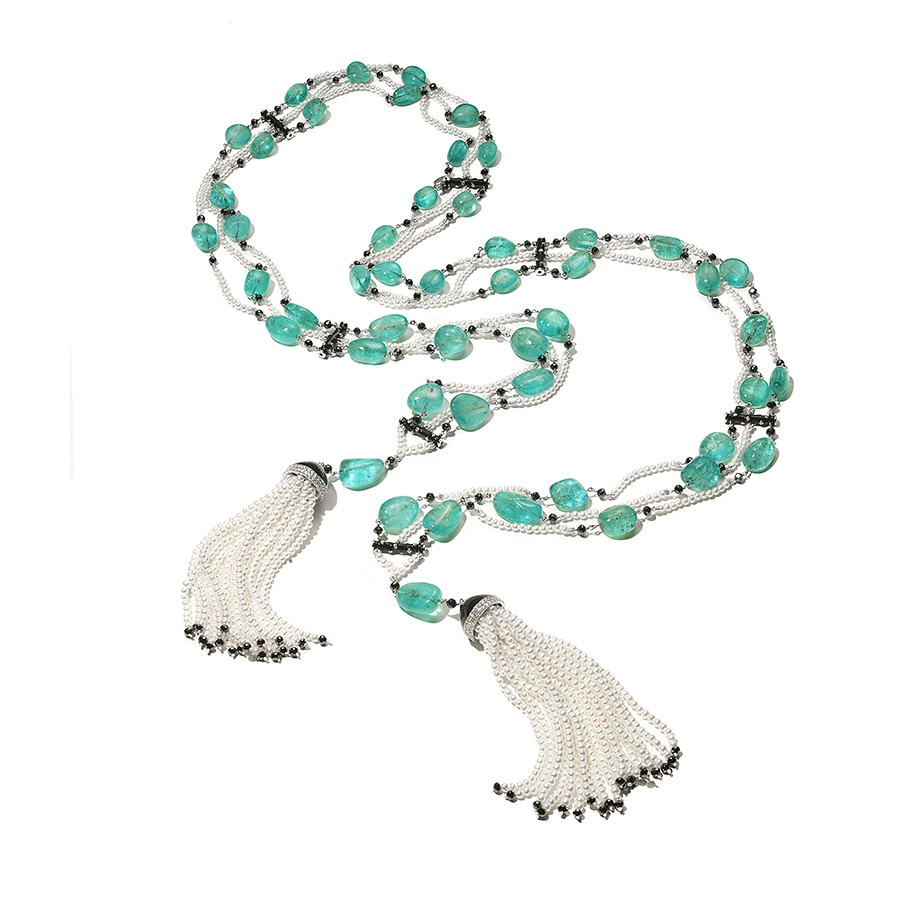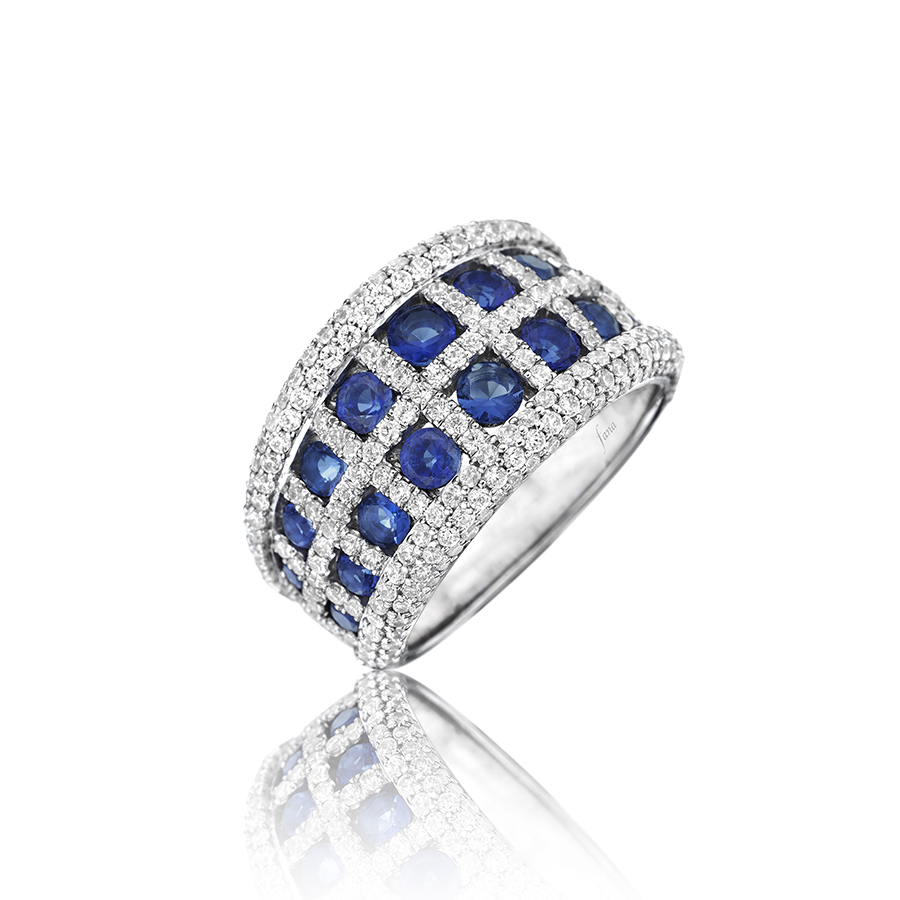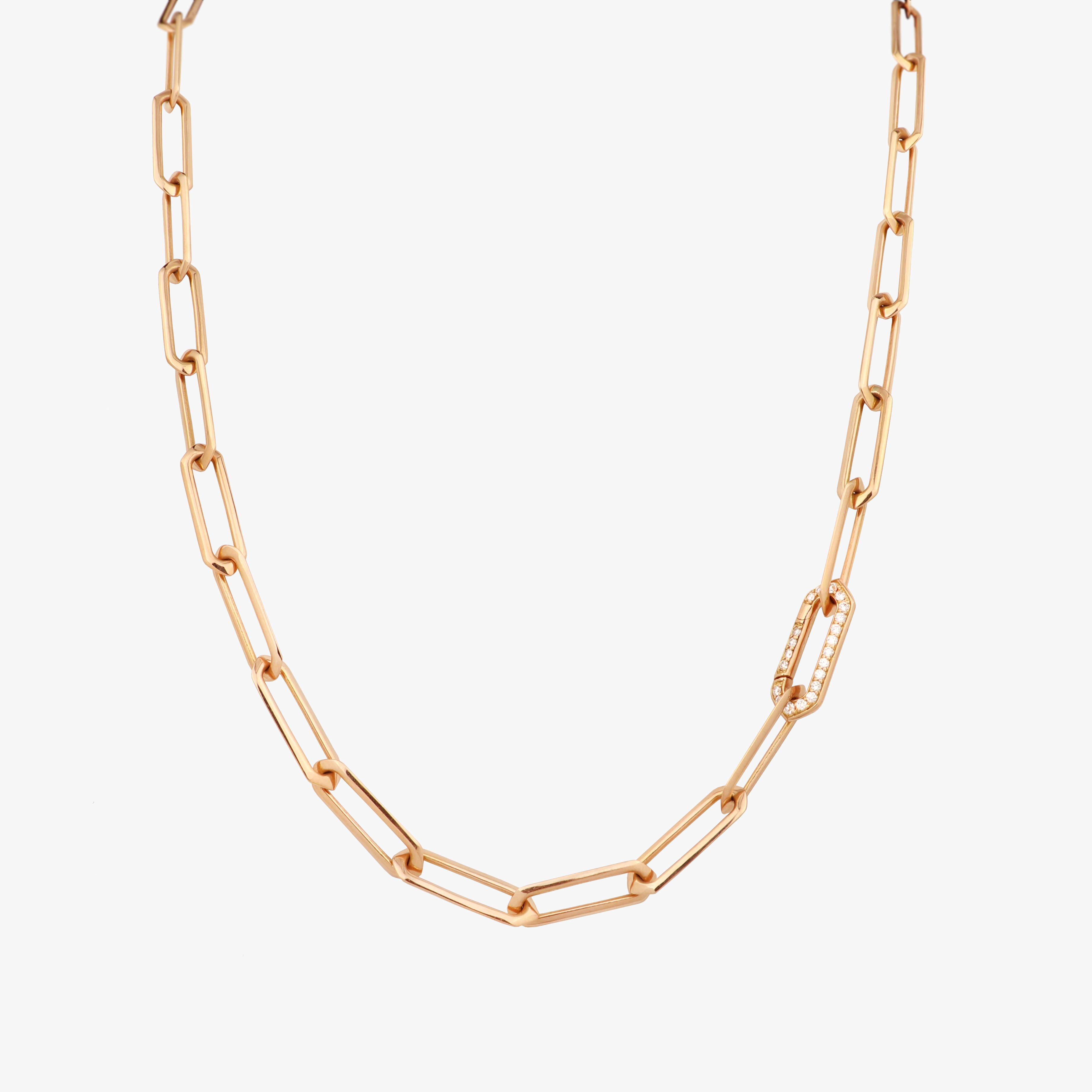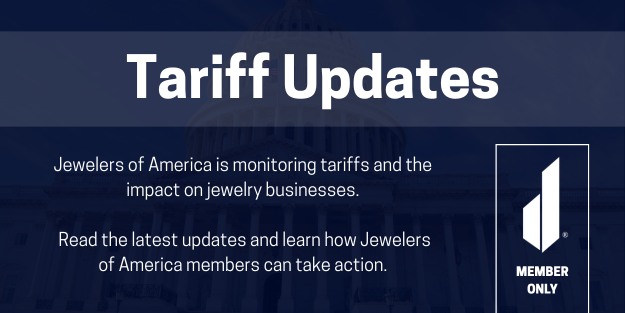Gold has captivated mankind since the dawn of time. The Egyptians, the largest users of gold in the ancient world, equated gold with the sun and reserved its use exclusively for pharaohs.
Gold’s popularity stems from its life-lasting durability and its variety of shades, making the metal appealing to everyone’s individual style.
Gold Purity & Quality Marks
Pure gold, or 24-karat, is generally too soft for use in most jewelry, so gold is alloyed with other metals to increase its strength. In the United States, 14-karat gold is the most common jewelry alloy. Recent guidelines now allow for jewelers to sell gold under 10K, however it is important to note that pieces under 10K contain very little gold and will not have the longevity or quality like pieces over 10K.
When purchasing gold, especially from resellers, always look for a quality mark in the gold jewelry you buy. They will be stamped or engraved with the karatage of the piece. Gold-plated jewelry is often indicated with a “GP” marking.
Quality Marks on Karat Gold Jewelry
| Karatage | Karat Mark | European Mark | Percent Pure Gold |
|---|
| 10-Karat |
10K |
417 |
41.7% |
| 14-Karat |
14K |
585 |
58.3% |
| 18-Karat |
18K |
750 |
75.0% |
| 24-Karat |
24K |
999 |
99.99% |
The Gold Alloys
A metal alloy is a metal made by combining two or more metals to increase the strength and/or resistance to corrosion of the base metal. The ratio of each component determines the properties of the alloy. Alloys can also create a variety of colors.
Yellow Gold Yellow gold is popular for its recognizable yellow hue. Depending on the karat and the combination of alloys, yellow gold can have slightly varying shades; some yellow gold pieces can be a vibrant yellow, which others may be a more champagne-tone. Yellow gold consists of pure gold and metals such as silver, copper, nickel and zinc.
Gold Peridot Necklace
Somos Creations LTD
Graffito Initial Necklace
GiGi Ferranti Jewelry
Armonia Duet Strand
Mastoloni
Mogul Notebook Pendant
Syna Inc.
Enamel Initial Necklace
Royal Chain, Inc.
Diamond Heart Ring
Brevani Color Merchants
Paperclip Tag Necklace
Royal Chain, Inc.
Opal and Sapphire Ring
Loriann Jewelry
Diamond Dog Tag Necklace
David Yurman
Gold Peridot Necklace
Somos Creations LTD
Graffito Initial Necklace
GiGi Ferranti Jewelry
Armonia Duet Strand
Mastoloni
Mogul Notebook Pendant
Syna Inc.
Enamel Initial Necklace
Royal Chain, Inc.
Diamond Heart Ring
Brevani Color Merchants
Paperclip Tag Necklace
Royal Chain, Inc.
Opal and Sapphire Ring
Loriann Jewelry
Diamond Dog Tag Necklace
David Yurman
White GoldWhite gold is a popular and more affordable white-metal option. White gold is created by alloying gold with nickel or palladium, zinc and copper. White gold alloys are never truly “white” in color, so most white gold jewelry is electroplated with rhodium, a platinum group metal.
It’s natural for white gold to fade and sometimes yellow due the thin coating of rhodium wearing off over time. If you want a truly white metal that won’t require any future re-plating, buy jewelry in platinum or palladium that is naturally pure white in color.
It’s normal for white gold to fade and sometimes yellow. Most white gold rings are flash plated with a very thin coating of rhodium (a pure white metal) to give them a more brilliant, pure white appearance. This rhodium plating will wear off over time and reveal the white gold ring underneath. Because pure gold is very yellow, no matter how much you alloy it with other white metals like zinc and nickel, it will almost always retain some of its yellowish body color.
Rhodium is a silver white metal that belongs to the platinum group of metals. It does not oxidize and maintains a bright white appearance. Rhodium plating is often performed on gold and silver jewelry to enhance their white, reflective appearance. For white gold jewelry, jewelers will apply a microscopic layer of rhodium to 14K or 18K white gold by an electroplating procedure.
With minimal maintenance, your jeweler can return white gold jewelry to its original white shine. Most bench jewelers at professional jewelry stores, like
members of Jewelers of America, can easily re-plate a white gold piece with rhodium for very little cost. Many manufacturers will also re-plate the rings they sell.
The frequency of wear and environments you put your jewelry through affects how often your white gold jewelry may require a touch up. Most likely you won't need to take your white gold jewelry in for re-plating for years. If you think you see your white gold rings yellowing or fading in their white shine, visit your
local, reputable Jewelers of America jeweler who can advise you.
Open Heart Diamond Pendant
Artistry, Ltd.
Rival Sapphire Ring
Valani Atelier
Heart-Shaped Halo Earrings
Rahaminov Diamonds, Inc.
Halo Engagement Ring
Smiling Rocks INC
Coomi and Muzo Trinity Necklace
Coomi Jewels
Bubbly Lab Grown Diamond Bracelet
Smiling Rocks INC
Windows to the Heart Ring
Fana Jewelry
Lab Grown Diamond Hoops
Smiling Rocks INC
Portofino Five Line Heart Necklace
GiGi Ferranti Jewelry
Open Heart Diamond Pendant
Artistry, Ltd.
Rival Sapphire Ring
Valani Atelier
Heart-Shaped Halo Earrings
Rahaminov Diamonds, Inc.
Halo Engagement Ring
Smiling Rocks INC
Coomi and Muzo Trinity Necklace
Coomi Jewels
Bubbly Lab Grown Diamond Bracelet
Smiling Rocks INC
Windows to the Heart Ring
Fana Jewelry
Lab Grown Diamond Hoops
Smiling Rocks INC
Portofino Five Line Heart Necklace
GiGi Ferranti Jewelry
Rose GoldFine jewelry customers are having a love affair for rose gold. Pink or rose gold is created by alloying gold with copper. Most often you’ll find 14-karat rose gold jewelry, which is 58.5% pure gold with copper added for color.
Rose gold comes in a variety of shades of pink that blend well with gemstone colors and white and yellow metals.
Chain City Bracelet
Misahara
Amethyst Cushion Cut Ring
Lisa Nik Inc.
Lucia Threader Earrings
GiGi Ferranti Jewelry
Lulu Link Chain
Lilly Street
Diamond Lucia Eternity Band
GiGi Ferranti Jewelry
Australian Opal Doublet Pendant
GiGi Ferranti Jewelry
Amethyst Necklace
Lisa Nik Inc.
Aquamarine Rose Gold Ring
Valani Atelier
Citrine Ring
Lisa Nik Inc.
Chain City Bracelet
Misahara
Amethyst Cushion Cut Ring
Lisa Nik Inc.
Lucia Threader Earrings
GiGi Ferranti Jewelry
Lulu Link Chain
Lilly Street
Diamond Lucia Eternity Band
GiGi Ferranti Jewelry
Australian Opal Doublet Pendant
GiGi Ferranti Jewelry
Amethyst Necklace
Lisa Nik Inc.
Aquamarine Rose Gold Ring
Valani Atelier
Citrine Ring
Lisa Nik Inc.
Gold-Plated, Gold-Filled and Vermeil
Gold-plated, gold-filled and vermeil jewelry are affordable alternatives to jewelry made completely with karat gold. These pieces have the look of solid gold, but their durability and value are significantly less. These are great options for those wanting to save money or trendy pieces. These gold alternatives are distinguished by minor differences.
Gold-plated is the cheapest alternative, in which a thin layer of gold covers a low-quality base metal, normally copper or brass, through an electroplating process. These pieces will be the quickest to tarnish but vary in price depending on the karatage used.
Vermeil (pronounced “vermay”) is similar to gold-plated, but the base metal is a high-quality silver and true vermeil plating is at least 100 millionths of an inch thick and 10k or higher.
Gold-filled jewelry has a lower-end base metal, like copper or bass, but has the thickest layer of gold, bonded with heat. The piece needs to have at least 5% gold weight to be authentic “gold-filled.”
Selling Gold Jewelry
Gold jewelry can become the ultimate family heirloom. However, unlike other items in our fast-fashion society, even broken or outdated gold jewelry doesn’t need to be tossed away. With one trip to your local Jewelers of America Member store, you can learn about your jewelry’s trade-in or sell value. Before you head out, here are some simple tips for selling your unwanted gold jewelry:
Know What You Have
Carefully evaluate every piece of jewelry that you are looking to sell. Most pieces of gold jewelry have some emotional value that often time exceeds the monetary value that you will receive.
When you buy a piece of gold jewelry, the price is determined by factors including the gold karatage, craftsmanship, and weight. Understanding what type of jewelry you have will help you manage your expectations. Gold jewelry is rarely made from pure gold. Most jewelry in the United States is 10, 14 or 18-karat gold that is comprised of gold and other alloys. When selling your gold, you will only get paid for the parts that are pure gold and jewelry is usually purchased by weight of the pure gold.
Designer jewelry or specific vintage items might be worth more than their non-designer counterparts. If you have antique or intricate jewelry, you may want to have it appraised before selling it to a buyer that pays by weight.
Shop Around
Get quotes from multiple companies before you settle on a buyer. The offers you receive may vary significantly depending on where you sell it.
Protect Yourself
Before leaving your jewelry with a potential buyer, document and photograph the pieces and get an itemized receipt of what was left. If the value is significant, be sure to get an appraisal first.
Get Realistic
Keep up with the prices of gold at Kitco.com. However, the price listed will not be the price you will get for your jewelry. The price on Kitco.com will simply give you a reference point when comparing multiple offers.
For most people, selling gold jewelry will not make you rich. It might, however, put some extra dollars in your pocket. Remember that you will only be getting paid for the amount of gold in your jewelry, minus fees the company has to charge for refining.





